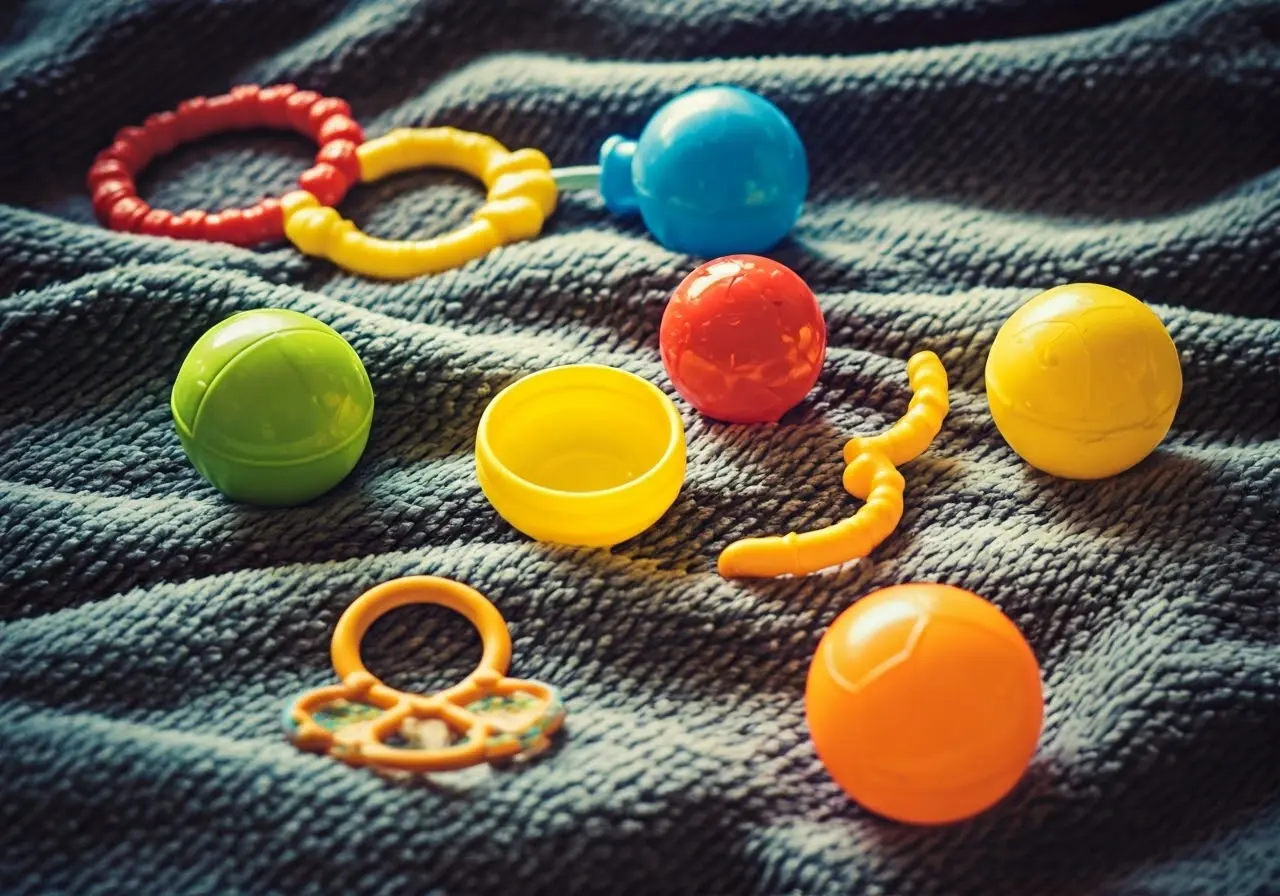Baby play is often more than just fun and games—it’s an essential part of early development. Through play, infants learn about the world, develop crucial skills, and form important connections. In this article, we’ll explore the various benefits that play can bring to your baby’s growth and development.
Physical Development Through Play
Play is vital for developing a baby’s gross and fine motor skills. Activities like tummy time and grasping toys help strengthen muscles and improve coordination. These physical milestones are foundational for more complex movements as your child grows.
Engaging in play not only bolsters a baby’s physical capabilities but also enhances their balance and spatial awareness. As babies reach for toys or attempt to crawl, they are unknowingly practicing essential skills that will aid their walking and running in the future. Interactive toys are great tools in this learning process.
Incorporating soft blocks or colorful stacking rings during playtime can further assist in refining a baby’s hand-eye coordination. By grasping and manipulating these toys, babies hone their ability to control arms and fingers, setting the perfect stage for future activities.
Cognitive Growth and Learning
Through play, babies engage their senses and develop cognitive skills. Simple games like peek-a-boo introduce concepts such as object permanence, while problem-solving activities enhance critical thinking. Play aids in brain development by encouraging curiosity and exploration.
Curiosity is a driving force in cognitive development. When babies interact with toys that make sounds or light up, they’re naturally motivated to explore cause and effect. This kind of discovery can be further enriched by sensory play with textures and various materials.
As their cognitive abilities expand, babies start understanding patterns and sequences, which is fundamental for later mathematical skills. Introducing them to matching games or puzzles can stimulate this form of early learning, preparing them for more complex tasks.
Emotional and Social Development
Play provides opportunities for babies to express emotions and learn social cues. Interaction with caregivers during play helps babies understand attachment and trust. Additionally, playing with other children fosters social skills, such as sharing and cooperation.
Developing emotional bonds is crucial in the first few years of life. By playing peek-a-boo or mimicking silly expressions with babies, caregivers help them learn about different emotions and reactions. These early interactions form the foundation for babies to recognize and interpret facial expressions in social settings.
Group play introduces infants to the concept of sharing and fairness. When babies are encouraged to play with peers, even under supervision, they gradually understand the importance of taking turns and respecting others’ space. These experiences are pivotal for nurturing empathy and cooperation later in life.
Language and Communication Skills
Language development benefits significantly from play. Through verbal interactions, singing songs, and reading books, babies start to recognize sounds and patterns of speech. Playing with sounds and words encourages communication skills, laying the foundation for effective expression.
Babies are naturally drawn to music and rhythm. Engaging them with rhythmic clapping or simple musical instruments encourages listening skills and enables them to identify patterns in sounds. This musical exposure contributes significantly to their understanding of language.
Reading aloud is a powerful tool in nurturing communication skills. By listening to stories, babies pick up nuances of intonation and enrich their vocabulary. Interactive storytime allows them to associate pictures with words, enhancing comprehension and expressive skills.
The Power of Play in Your Baby’s Development Journey
Incorporating play into your baby’s daily routine is a powerful way to support their development. From enhancing motor skills and cognitive development to fostering emotional bonds and social skills, play is an indispensable part of your child’s growth journey. Remember, every playful moment is an opportunity to learn and discover.






















































































